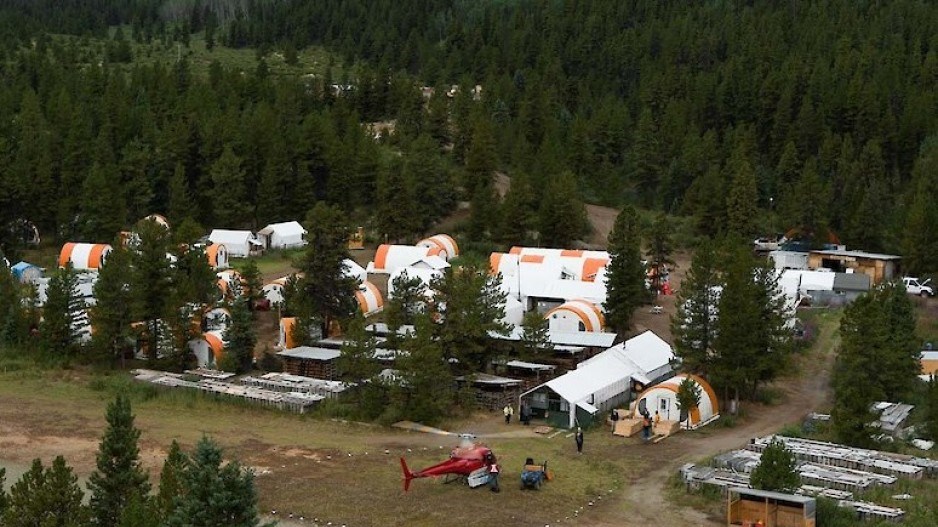Mitsubishi Corp. and Giga Metals Corporation (TSX.V: GIGA) have struck a joint venture to advance a major nickel-cobalt mine project in B.C. 65 kilometres east of Dease Lake.
The project is in Tahltan and Kaska Dena traditional territory.
The companies have signed a binding agreement in which Mitsubishi will take a 15% stake in the Turnagain project in north-central B.C. for $8 million.
The new joint venture is called Hard Creek Nickel Corp. Giga Metals will retain 85% of the project, which has been estimated to have an initial capital cost of US$1.4 billion, and an additional US$500 million for phase 2 expansion.
Giga Metals CEO Mark Jarvis said Mitsubishi’s participation in the joint venture is a strong vote of confidence.
“It’s an absolute validation of our project,” he said. “Mitsubishi is the largest commodity trading company in Japan. They like to own minority interests in operating mines and have other people operate.”
There is a huge growing demand for nickel and cobalt for electric vehicle battery production. According to Giga Metals, the Turnagain project is the largest in North America targeting battery-grade nickel.
Giga Metals estimates the project has the potential to produce 33,000 tonnes of battery grade nickel annually over 35 years. The project has measured and indicated resources of 2.36 million tonnes of nickel with grades of 0.22%, and 141,000 tonnes of cobalt with grades of 0.013%.
The project would operate as an open-pit mine. Giga Metals is studying the potential to run concentrate produced at the mine through a pressure oxidation circuit to produce battery grade nickel.
“You can convert the concentrate then into what they call mixed hydroxide precipitates, where the nickel and the cobalt are in a form that the battery makers are just killing for,” Jarvis told BIV News.
The company is also proposing a tailings management approach that would accelerate a natural carbon mineralization process to permanently sequester CO2.
Certain minerals naturally react with CO2 to form carbonate minerals that permanently sequester carbon. When those minerals are pulverized – which is what happens in mining – it could accelerate that natural carbon mineralization process.
Greg Dipple, professor of Geological Sciences at the University of BC, has been developing modelling for estimating the potential CO2 uptake of silicate mine waste. Giga Metals has been working with Dipple to try to quantify the CO2 sequestration potential for the Turnagain project.
The tailings facility would have a small pond and a large beach, which would leave waste rock exposed to the air.
“The CO2 in the atmosphere reacts with the silicate minerals and converts them to carbonate minerals,” Jarvis said. “The CO2 becomes part of a mineral, and it’s basically forever.”
Giga Metals plans to complete a pre-feasibility study by the first quarter of 2023.
“Once we’ve got our pre-feasibility done, we’re ready to submit a project description, and that’s the kick off of the environmental assessment process,” Jarvis said. “I’m thinking that this would be first or second quarter of 2023.”




